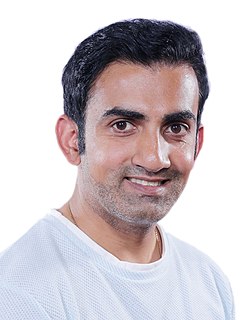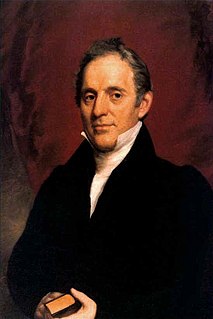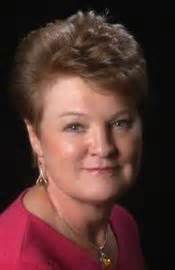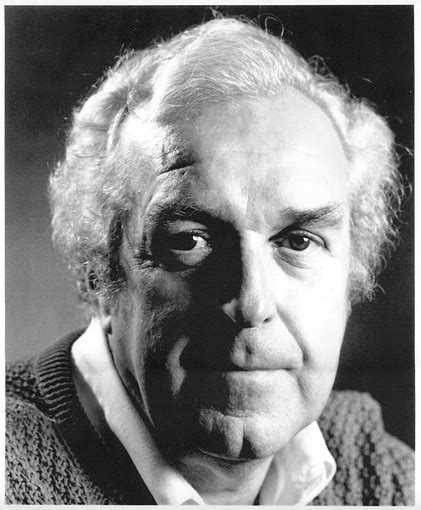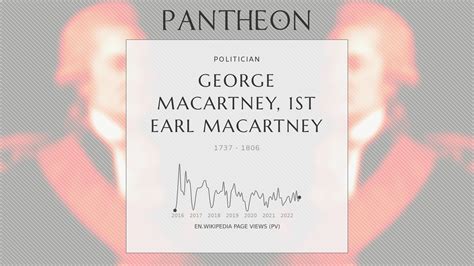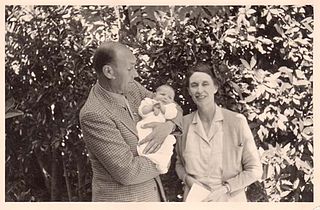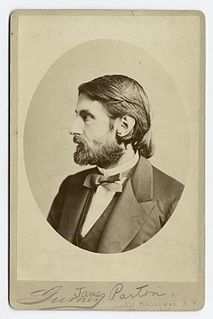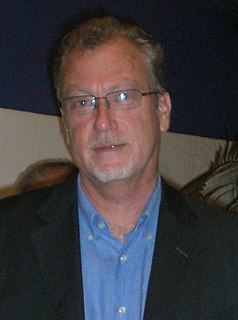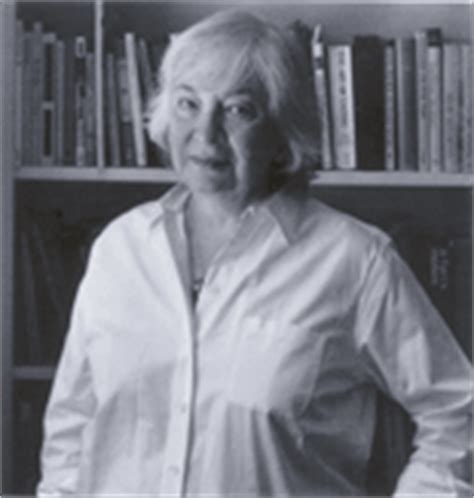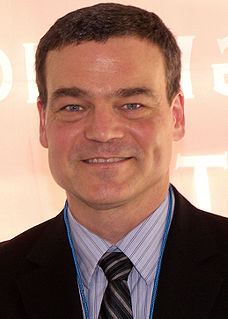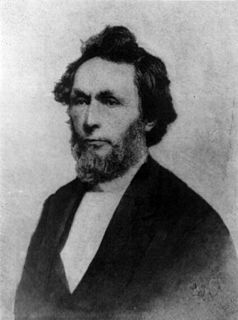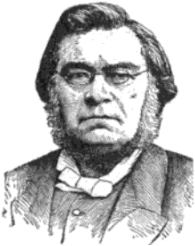A Quote by Marva Collins
That's how I try to think of education - a school is a miniature society where children learn to function in a real world.
Related Quotes
There are 45 million children in Africa who are not in school. While other children are learning, exploring, and growing in the myriad ways that children were meant to grow, these children are trapped in a life of constant struggle. Without education, how can they be expected to escape such struggle? How can their children?
I believe that our society's "mistake-phobia" is crippling, a problem that begins in most elementary schools, where we learn to learn what we are taught rather than to form our own goals and to figure out how to achieve them. We are fed with facts and tested and those who make the fewest mistakes are considered to be the smart ones, so we learn that it is embarrassing to not know and to make mistakes. Our education system spends virtually no time on how to learn from mistakes, yet this is critical to real learning.
The public school system is not about educating black children. Never has been. Inner-city schools are about social control. Period. They’re operated as holding pens—miniature jails, really. It’s only when black children start breaking out of their pens and bothering white people that society even pays any attention to the issue of whether these children are being educated.
What you learn in school is the opposite of what happens in the real world. In school, you're always worried about minimums. You have to reach 20 pages or you have to have so many slides or whatever. Then you get out in the real world and you think, 'I have to have a minimum of 20 pages and 50 slides.
What you learn in school is the opposite of what happens in the real world. In school, you're always worried about minimums. You have to reach 20 pages or you have to have so many slides or whatever. Then you get out in the real world and you think, 'I have to have a minimum of 20 pages and 50 slides.'
Parents who've not had an education themselves find it hard to explain to their children what a decent education involves, and I completely understand that. Parents themselves need to be educated by schools about what sort of education they should expect for their children. I do think there's a heavy responsibility of the school.





